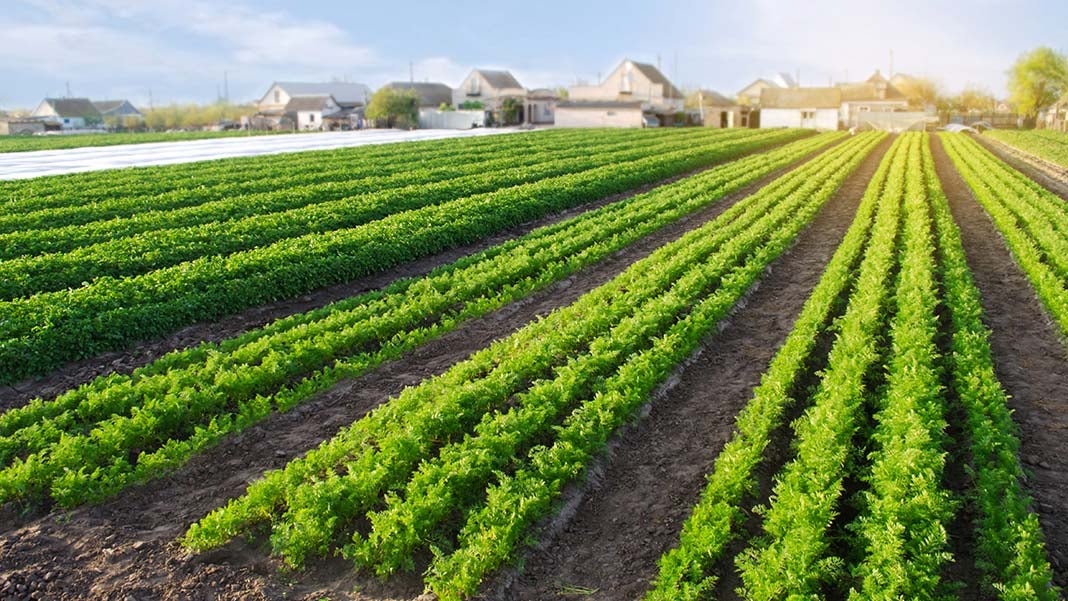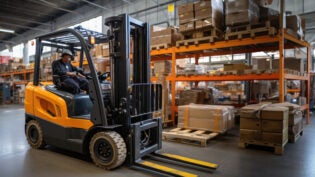3 Things That Might Surprise You About Owning a Farm

Owning your own farm and working outdoors has got to be the ultimate job for free spirits. Watching the seasons change, feeling the warm sun on your back, and spending your time close to Nature is all part of the wonderful farming bonus.
But, as you’re sure to know, there’s more to farming than just that. So here’s an article to highlight some of the more obscure things farmers have to know and learn to work with. This may help some aspiring farm owners to decide whether they can commit to farming in the way only real farmers can. And then you’ll know just exactly what to do about your plans to buy a farm.
Understand the importance of weather
Regional weather can often be forecast fairly well these days, but local weather and all the variations which can occur are a different matter altogether. If you keep livestock, you’ll soon notice how they respond to weather.
Certain stock won’t like being kept for long in windy pastures. And pigs, for one, don’t really tolerate hot sun for too long, so you’ll need to understand what to do in a heatwave. Wet weather is no better. The ground gets churned up quickly and mud harbors all kinds of animal pests and serious conditions. Many of these things won’t kill your animals, but they’ll surely depress your yields.
Even crops respond to microclimates present in your fields. Some fields will provide just enough protection from winter frosts and prevailing winds to see your crop through, while planting on other ground will just see your expensive seedlings wiped out.
And remember, you may plan your ploughing schedules, but the weather can change your plans literally overnight. One of the first things every farmer learns when owning a farm, is to appreciate that you must work with the weather—you don’t have any other choice.
Getting to know how many types of grasses there are
Did you know there are around 1400 grass species in the United States? And just like any other plant, grasses respond to climate in different ways. Some are hardy and good for extreme conditions, while others are soft and make good fodder crops for animals and cereal foods for humans. Another important feature of grass is that it preserves moisture in soils and prevents soil erosion better than almost anything else.
For farmers, the message here is: knowing your grasses is essential because you’ll often need to choose the right varieties for each plan you want to achieve. And getting this wrong will usually be bad news for your wallet.
Farming is more than a job—it’s a lifestyle
This is the main thing to understand about farming: you remain a farmer 100% of the time. For instance, your animals will still need feeding at Thanksgiving, on Christmas Day, and all the other days. And some jobs on the farm have to be done early—and early can often mean before sun-up if you want the job done properly. So, you’ll have to accept that there will be some long days on the farm which start at dawn and don’t finish until way after sundown.
And because farming can be unrelenting in its demands, you’ll also quickly learn the value of being part of your local farming community. Local farmers will know the ‘traditional’ dates for planting certain crops in your area, or to have stock ready to send off to a market. That’s just two simple examples of a wealth of knowledge locked up inside the heads of your local farming community—tried and tested methods which work in your community, but may be irrelevant across the river, or on the other side of the hills.
But farming communities do more than that. When you are called away on a real emergency, you can always call upon your neighbors to step in and help for a few days. And if your machinery breaks down at harvest time, it’s your community who will know the quickest way to get it fixed at the cheapest price.
In return, you must be happy to help out neighbors in your turn, loan out even your best equipment, and lend a hand if need be. That’s how farming communities work. So if you’re happy to live and work in that kind of close-knit society, you can be sure your farming neighbors will always take good care of you.
Author: Bruce Hakutizwi, Director of North America for BusinessesForSale.com, the world’s largest online marketplace for buying and selling small and medium size businesses.
3112 Views













